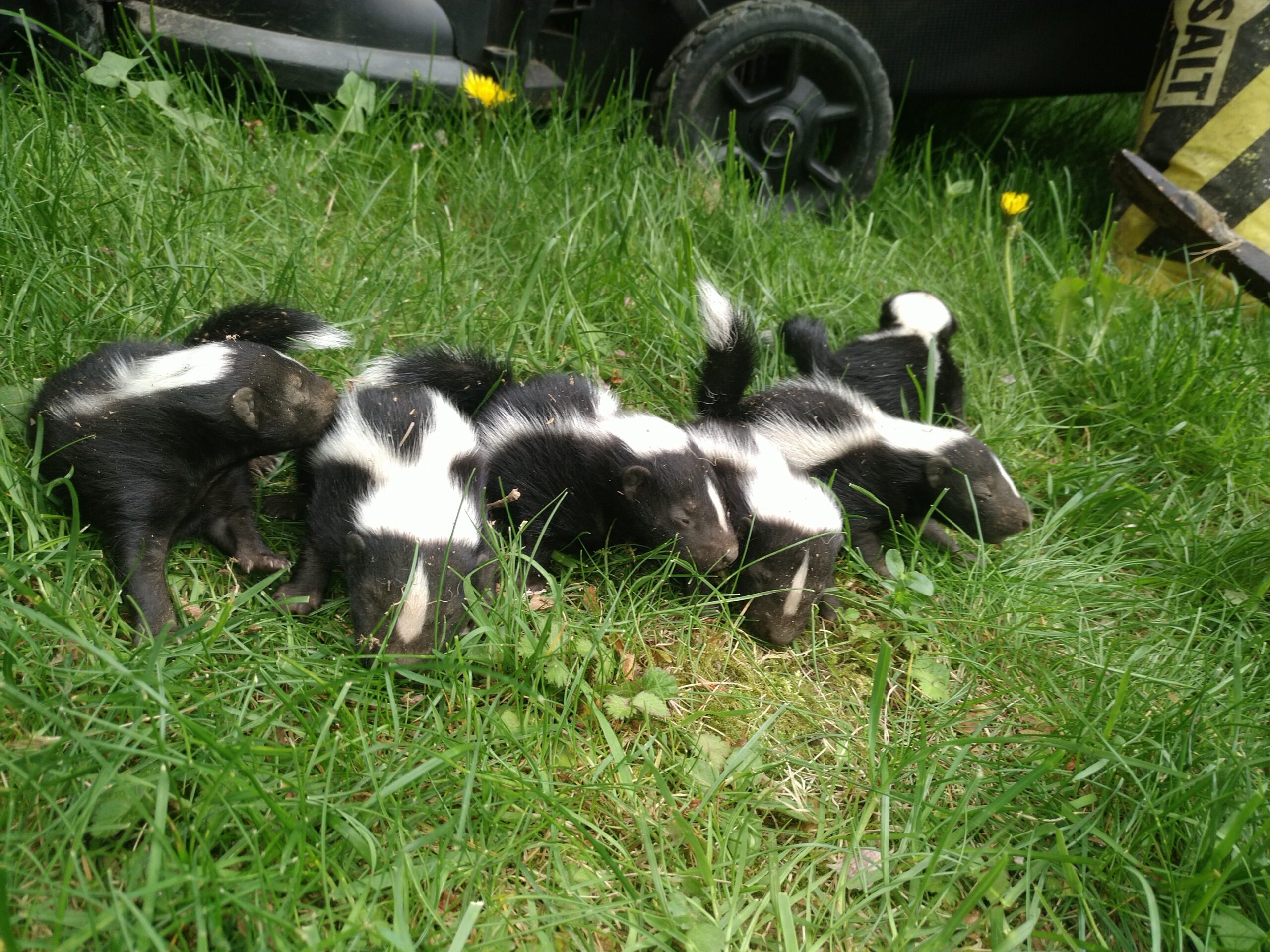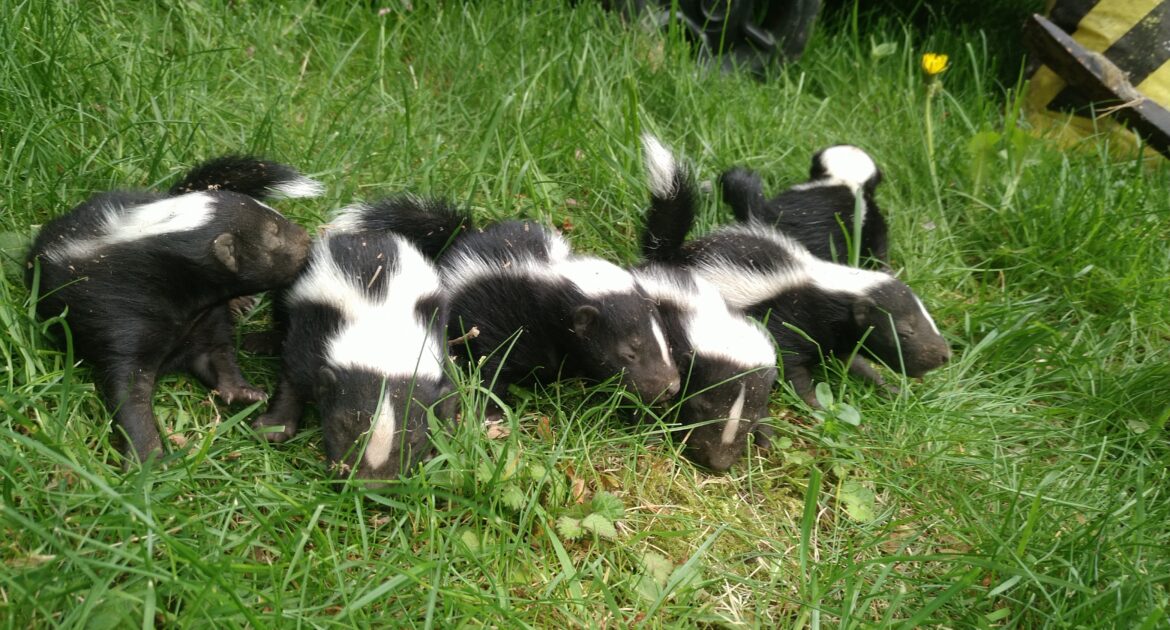In an ideal world, human beings and wild animals coexist in harmony. Unfortunately, this world is a lot less than ideal and while incident free interactions between people and wildlife is desirable, we must acknowledge roadblocks in the form of the dangers wild animals pose to people. One such danger is the contraction of diseases.
Rabies Carriers. It’s often believed that skunks all carry rabies, but this isn’t true. Just like you or any other animal, a skunk has to be infected with rabies by being bitten by rabid animal
Rabies is a disease that brings with it numerous uncomfortable symptoms, and in extreme cases where treatment is not received could result in death. It is also a disease that can spread to humans from wildlife animals like skunks. Other diseases carried by skunks include Leptospirosis, Listeriosis, and Tularemia. Some of these are even more detrimental to human health than rabies. A rogue skunk or two on your property, bad smell aside, is clearly not a good thing. Thankfully though, wild animals tend to stay away from people and vice versa.
But remain careful! The idea that you do not encounter wild animals or physically interact with them may provide you and your family with a false sense of security. Many people do not contract rabies directly from wild animals but rather from a secondary source, such as a pet that interacted with an infected wild animal. Dogs are common middlemen for rabies because they love to chase furry little critters.
Preparation Beats Consolation
The best way to protect your family is to be proactive. Take steps to prevent the contraction of the illness so you don’t have the hefty expense and task of recovery.
Vaccinating your pets against rabies helps to protect not just your animal companion but also your family. You can vaccinate after the fact, but that puts your animal friend and family members at unnecessary risk and forces you to place your pet into quarantine to prevent the spread of the disease.
Wild animals accounted for 92.4 percent of reported cases of rabies in 2015. Bats were the most frequently reported rabid wildlife species (30.9 percent of all animal cases during 2015), followed by raccoons (29.4 percent), skunks (24.8 percent), and foxes (5.9 percent).
Be Observant
When it comes to wildlife control, Bowmanville property owners have their hands full, especially with the plethora of wildlife that call the town home. Property owners must remain alert to the signs of wildlife invasion and especially wildlife that seem unwell.
Look out for wild animals on your premises. Better yet, look out for the ones that behave strangely, like those that are foaming at the mouth, seem disoriented, or unafraid of human presence. If you meet a skunk that fits the description get help immediately. Remember to avoid contact with the animal. Also, you should keep your eyes peeled for dead wild animals as they may have been victims of rabies and keep your pets away whether they have been vaccinated or not.
To handle the unwanted presence of wildlife animals such as skunks on your property, enlist the services of the best team for wildlife control Bowmanville has to offer, Skedaddle. Our humane animal control team is experienced and equipped to assess your situation, prescribe and apply the right wildlife control methods and exclusion strategies to ensure that the problem remains solved for the long term.




